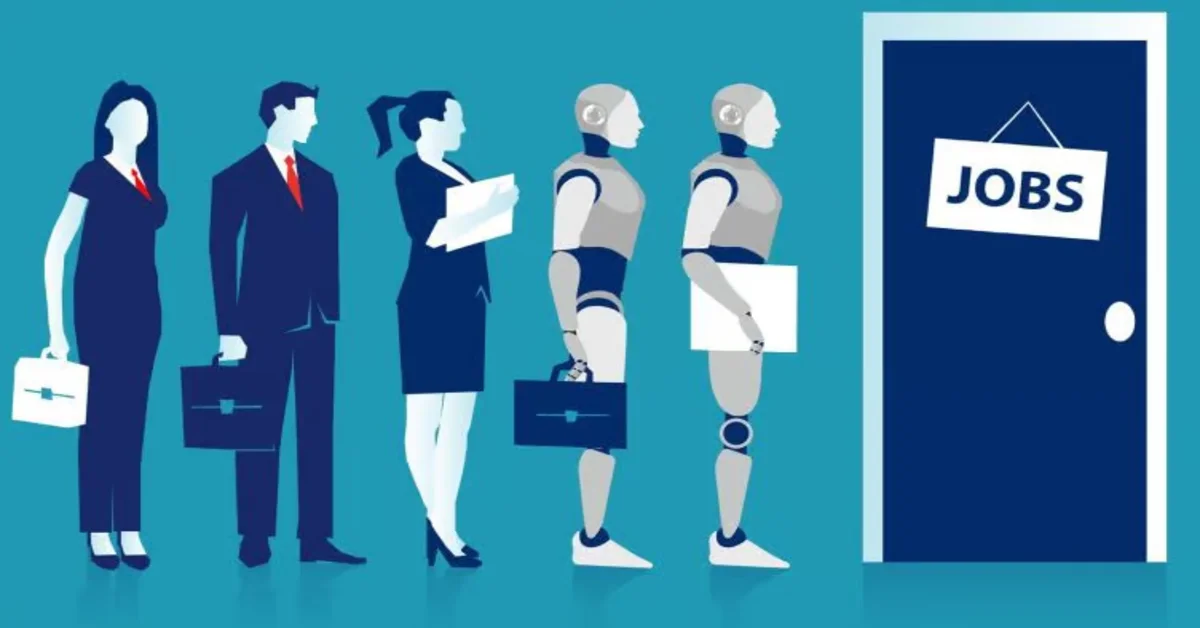Artificial Intelligence (AI) is revolutionizing every aspect of our lives, from healthcare to entertainment, and education to finance. It has brought a fundamental shift in the way we live, work and interact. The impact of AI on the future of work is significant and far-reaching. In this blog post, we will explore the impact of AI on the future of work and how it will shape the job market.
The Role of AI in the Future of Work:
AI has the potential to transform the way we work, and it’s already happening. AI technologies, such as machine learning, natural language processing, and robotics, are making jobs more efficient and productive. For example, AI-powered chatbots can handle customer inquiries and support 24/7, reducing the workload of customer service representatives. AI can also be used to automate repetitive tasks, such as data entry and processing, freeing up time for employees to focus on more complex tasks.
AI can also enhance the quality of work. For instance, AI can analyze large data sets and identify patterns that humans may miss. It can help in making better decisions by providing insights and recommendations based on data analysis. AI can also be used to improve safety in the workplace by identifying potential hazards and alerting employees.
The Impact of AI on Job Market:
The impact of AI on the job market is both positive and negative. On the one hand, AI is creating new jobs in areas such as AI development, data analysis, and machine learning. According to a report by the World Economic Forum, AI will create 2.3 million new jobs by 2025.
On the other hand, AI is also displacing jobs, particularly those that involve repetitive tasks. For example, the use of robots in manufacturing has reduced the need for manual labor, resulting in job losses. The impact of AI on the job market varies across industries and job functions.
It is essential to understand that AI is not a replacement for humans but rather a complement to human skills. AI can augment human capabilities, and workers need to upskill to work alongside AI. For example, workers can develop skills in areas such as data analysis, AI development, and human-machine interaction.
The Role of Education in Preparing for the Future of Work:
The impact of AI on the job market highlights the need for a robust education system that prepares workers for the changing job market. Workers need to upskill to remain relevant in the job market. It is crucial to provide workers with the necessary training and education to work alongside AI.
Education institutions need to adapt their curricula to include AI-related courses and training programs. This will prepare students for the jobs of the future and equip them with the necessary skills to work alongside AI. Employers also have a role to play in providing training and upskilling opportunities to their employees.
The Future of Work:
The future of work is exciting, and AI will play a significant role in shaping it. AI will continue to enhance productivity and efficiency in the workplace, making jobs more fulfilling and rewarding. However, the impact of AI on the job market means that workers need to upskill to remain relevant.
In conclusion, the impact of AI on the future of work is significant and far-reaching. AI technologies are already transforming the way we work, and the job market is evolving to reflect these changes. Workers need to upskill to work alongside AI, and education institutions and employers have a role to play in providing the necessary training and upskilling opportunities. The future of work is exciting, and AI will continue to play a significant role in shaping it.
If you want to stay updated on the latest technological advancements and their impact on our lives, then visit the best technology blog TechUp99. TechUp99 is a comprehensive resource for all things technology, and you want to rank your business website in high ranking of SERPs visit SEO District and get best SEO services.


